Have your childhood experiences stopped you from exploring and expressing who you are? Have you suffered in silence because of your difficult childhood, and it is affecting the way you are living presently? You might have probably given up on yourself or wondered how you could overcome childhood trauma. I’m glad to inform you that your days of suffering, difficulties, and setbacks are over, regardless of age.
Overcoming childhood trauma, especially in adulthood, should not be considered difficult or impossible. Yes, I agree that the pain these experiences bring is unbearable as trauma encapsulates any significant negative occurrence and has structured you into who you are today. However, overcoming childhood trauma is 100% possible no matter how deep and long you have struggled. It only requires you to be ready, determined and committed. There’s a saying that says,’’ I can do anything I set my mind to do.’’
Without further ado, I know you have decided to take action as you are not satisfied with yourself, and that is why I put this guide together to help you know more about childhood trauma, the types, effects, and ways to overcome childhood trauma.
Table of Contents
Childhood Trauma
Childhood trauma refers to a significant negative event experienced by a child that is and often leads to lasting effects mentally and physically. These experiences are painful, scary, dangerous, and life-threatening. It happens between the ages of 1- 18years. Also, Some of these experiences are noticeable, like the death of a parent, while others can damage a child’s sense of security or safety, e.g., an alcoholic parent.

Childhood Trauma
A child naturally should be able to learn how to comprehend and cope with situations. This is part of their development process, but along the line, some children get held due to recounted occurrences. This overwhelms a child, making them believe they have no hold of their life but whatever the world throws at them.
Childhood trauma’s feelings can become so severe that they affect their emotional, social, behavioral, and physical growth. The significance of childhood trauma is that it can span through youthful age, especially when it is unresolved.
Leading Causes of Childhood Trauma
Knowing the cause is expedient if one truly wants a solution. This implies that to overcome childhood trauma, you must know what brought the trauma in the first instance. Below are some of the leading causes of childhood trauma
-
Sexual Abuse
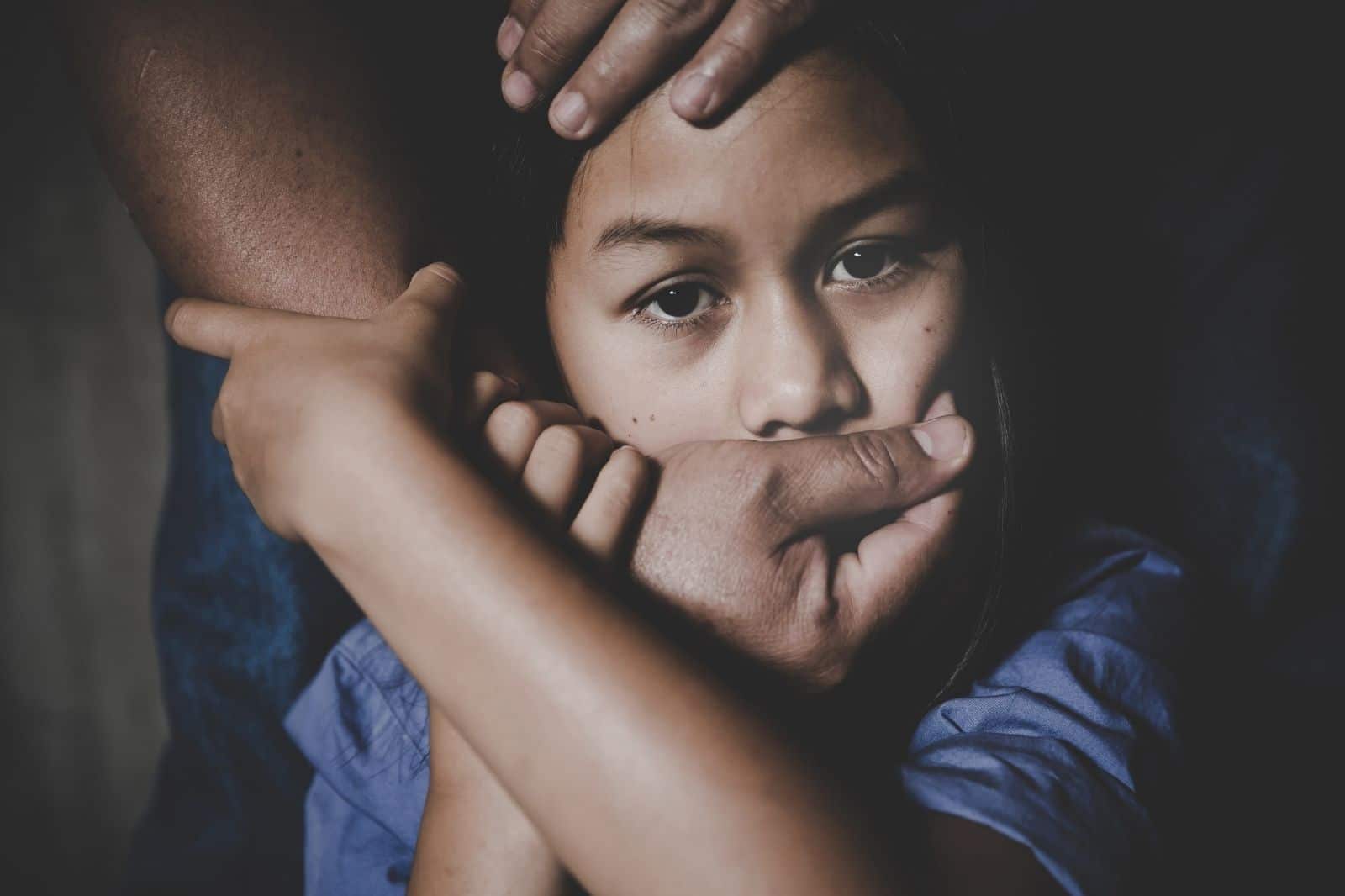
Sexual abuse can negatively affect a child’s life forever
This refers to unwanted sexual activity. It is usually done by force, with the perpetrators threatening their victims. Most of the time, these perpetrators are close relatives of the victims. They take advantage of innocent children causing pain, shock, and fear. For example, a child molested by an uncle or a teen raped by an armed robber.
-
Domestic Violence

Domestic abuse affects a child’s mentality
This is also called physical assault or domestic abuse. Violence occurs between partners, immediate family members, or ex-partners. For example, a child witnesses their mother being battered and wounded sometimes to death. This brings about a sense of insecurity and fear.
-
Separation of Parents

Trauma can be birthed by divorce
This means divorce between the parents. They begin to fight over the custody of the child, which can affect the child because of the confusion about whom to stay with. It results in the child being stressed and always lost in their thoughts.
-
Neglect
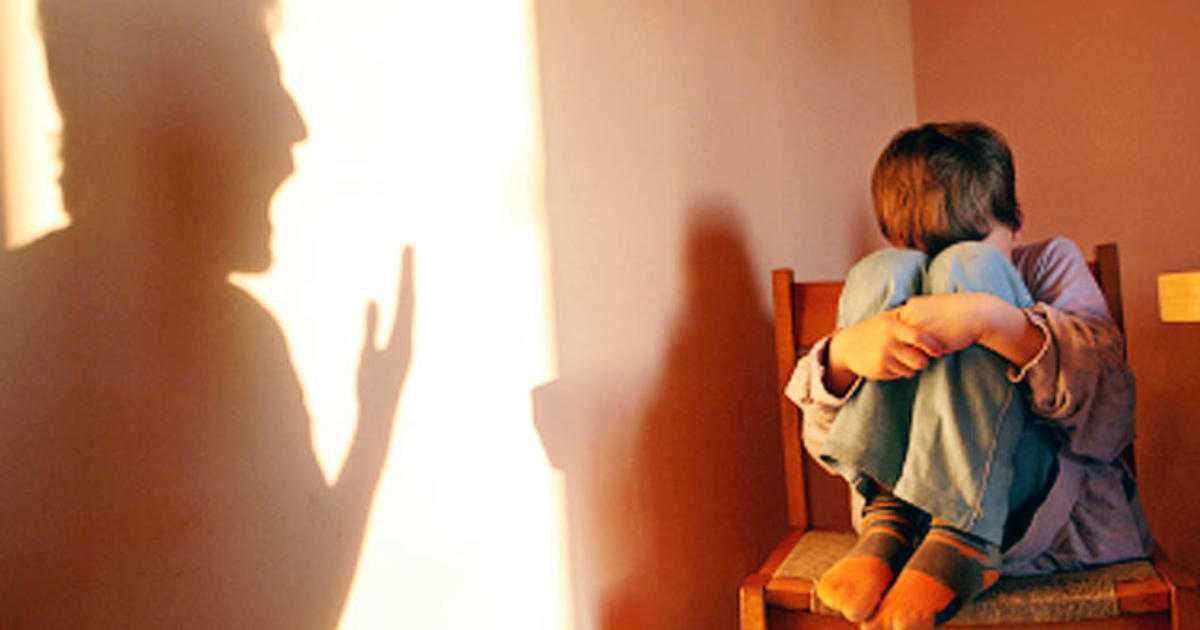
Child neglect breeds traumatised people
Identifying this as a traumatic experience is often difficult because it is not as visible as other causes of traumatic experiences. It entails a child’s emotion being neglected and not giving the child support when stressed, e. g workaholic parents. Some parents even go as far as not meeting their physical needs. For example, some children have to take care of themselves because of their parent’s irresponsibility. They’re exposed to a lot of danger and atrocities.
-
Emotional Abuse
This is when a child is constantly condemned and compared with others. They consistently make the child feel worthless by being a disappointment for any little mistakes or whenever their expectations are cut short. This goes a long way in their mind, and their future will take a form from that moment.
Effect of Childhood Trauma
Every cause has its effect, and childhood trauma is not an exception. So, to overcome childhood trauma, one must understand its impact on us as children. Understanding this will also unfold how it was able to span through the youthful age.
-
Poor physical growth
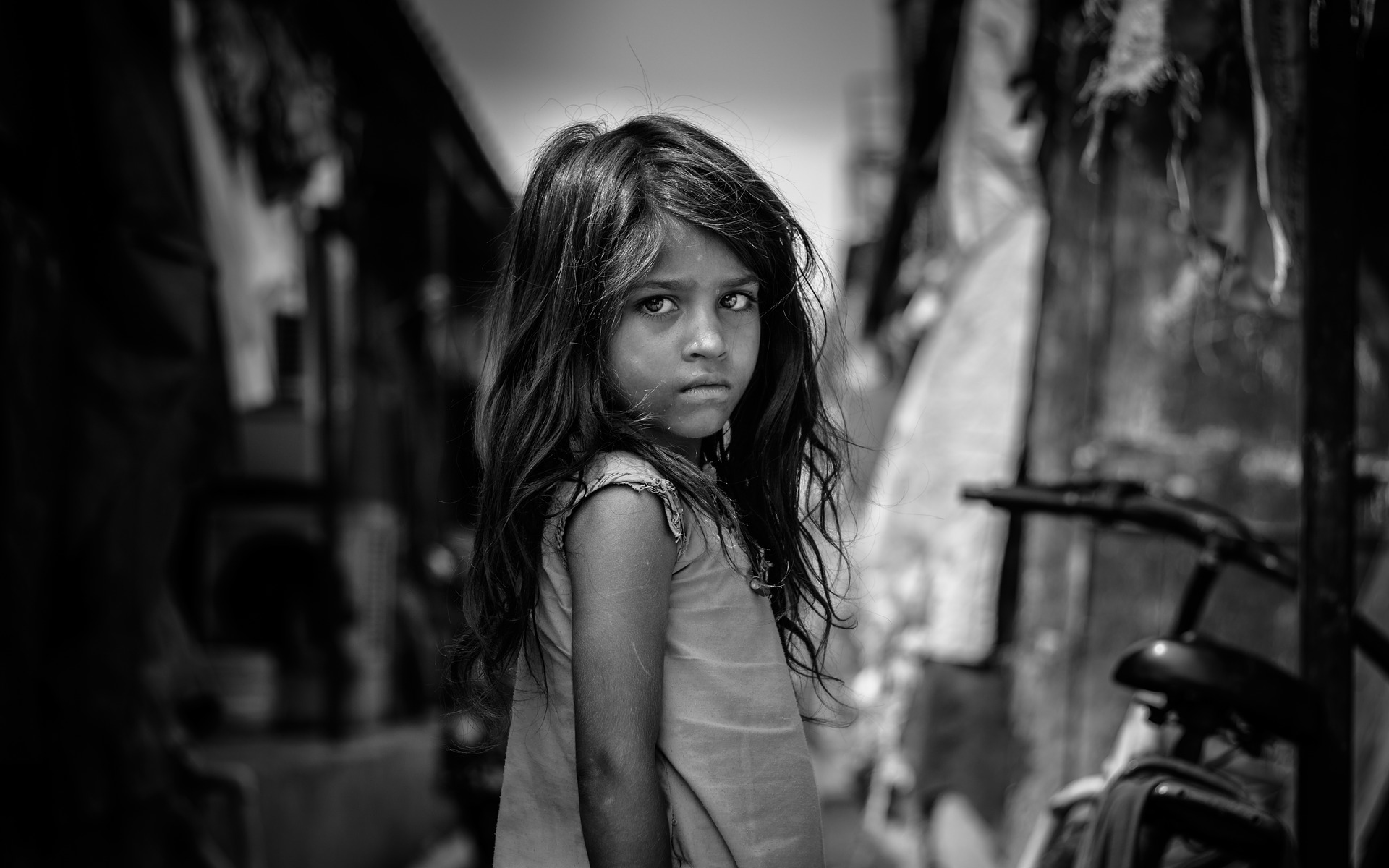
Trauma can hinder a child’s growth
Children exposed to traumatic experiences can have their physical growth altered. In addition, going through stress at a young age can distort the brain and immune system. This gives a setback in achieving their full potential. It also exposes them to diseases such as asthma and diabetes.
-
Emotional Damage
Adverse exposure to traumatic experiences as a child leads to different emotional imbalances such as lack of self-worth, helplessness, lack of coping skills, trouble controlling and recognizing emotions, shame, guilt, and hypersensitivity to stress.
-
Mental health effects
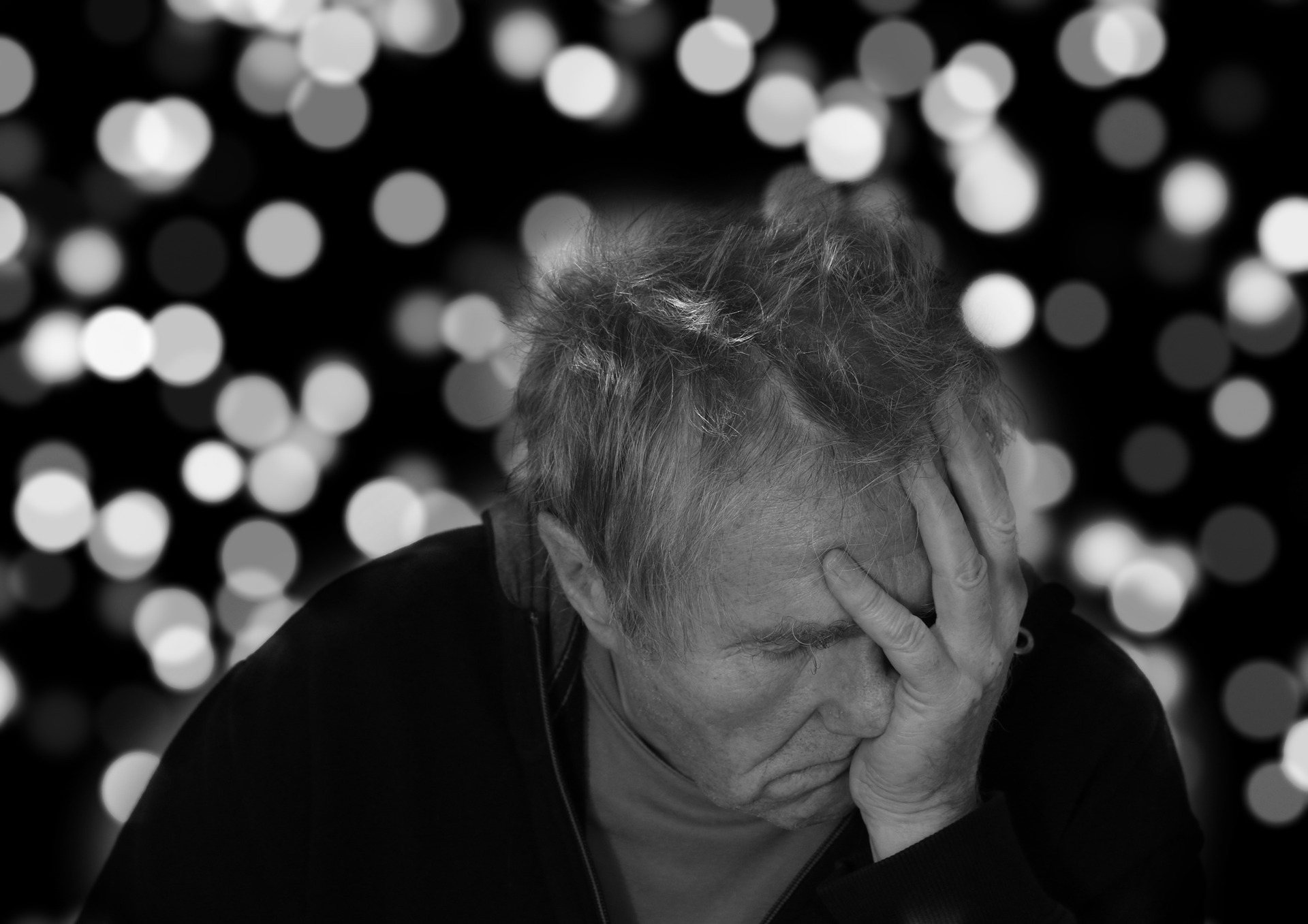
Trauma damages one’s mental health
Exposing children to a traumatic experience can affect their mental health greatly. It leads to psychological problems such as depression, anxiety, inability to control anger, psychotic disorders and post-traumatic stress disorder( PTSD). Experiencing this as children is dangerous, and it inflicts pain on them to the point of separating themselves from the pain mentally. This is referred to as Dissociation.
Read Also: HOW TO IMPROVE YOUR MENTAL HEALTH WITH 9 SIMPLE TIPS
Ways to Overcome Childhood Trauma in Adulthood
If you can identify any of these childhood trauma causes and effects, there is hope. Below are five ways to overcome childhood trauma in adulthood
-
Recognizing and Accepting the Trauma

Accepting is the first step
The very first stage to overcoming childhood trauma is to recognize the cause of the trauma. Most people do not know that battling mental health issues has to do with childhood trauma. Once it is recognized, you are one step to recovery. Then accepting that you are not responsible for whatever happens to you is the next step to overcoming.
-
Give yourself time to overcome the childhood trauma
Every wound requires time to heal. Likewise, it takes time to heal from pain. Giving up too soon will only make you frustrated. Instead, allow yourself to heal up. Take it one step at a time, and do not give up no matter how long it takes.
-
Seek for help
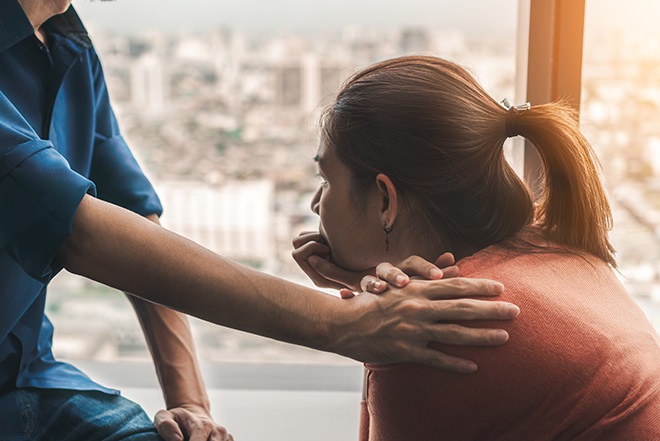
Share your fears with others
Reaching out to a psychologist or mental health counselor is important. They know how they can help you and also monitor your growth. Do not isolate yourself. Mingle with friends that can impact you positively.
You can connect with people in our Whatsapp Community to monitor your growth as a person.
-
Replace negative beliefs
Witnessing or being exposed to painful occurrences can impact negative beliefs about life. For example, a child who witnesses his mother being abused violently can affect his belief about how a woman should be treated. However, changing those beliefs with positive ones will help you go a long way in life.
-
Pay attention to your health.

Self-care frees you from the trauma
Eating a balanced diet and exercising can also help you ease stress. Taking alcohol and drugs can temporarily relieve depression or anxiety but worsen trauma effects.
Read Also: 10 Reasons Why Self-Care Is Important
Conclusion
Childhood is an important and delicate stage in life. Experience comes in one way or another, and how we deal with it matters so as not to be held back. Once you have been able to recognize your pain, overcoming this pain should be a priority. This will help you live up to your potential without any obstacles.
In the end, childhood trauma can be tagged important, but the real deal is to be able to work on it. However, it takes time, attention, and your mind. It is worth it.
Do you need more help to overcome trauma? Then, subscribe to our newsletter to get four contents a week!
About the Author
Damola Adetoro is a mental health advocate, willing and passionate to be a voice for teenagers and young adults suffering from mental health conditions. I choose the path of writing because it is a means to reach out and be an impact where my voice cannot get to.
About Author
- Op-Ed are articles published by guest authors. We no longer accept guest posts. However, we are still open to adding long-term content contributors to our team of insightful writers. To write for us, please check out inisght.ng/guest-post.
Latest entries
 Business InsightsMarch 27, 2024Effective Strategies for Managing Cash Flow in a Nigerian Business
Business InsightsMarch 27, 2024Effective Strategies for Managing Cash Flow in a Nigerian Business

 Business InsightsFebruary 12, 2024Privacy Policy for Business Websites: All You Need to Know
Business InsightsFebruary 12, 2024Privacy Policy for Business Websites: All You Need to Know

